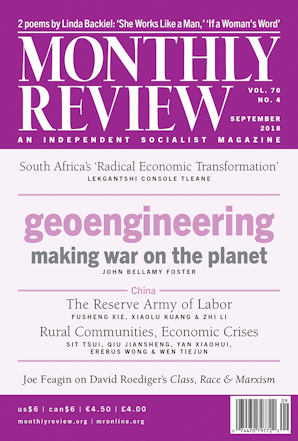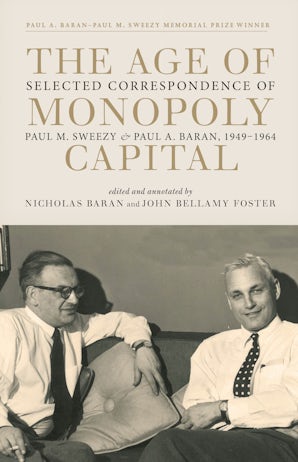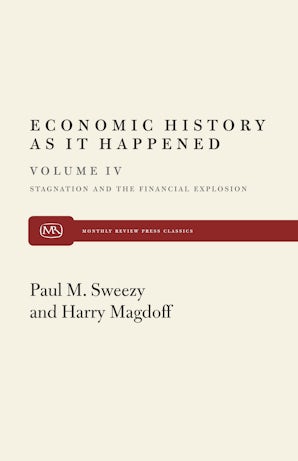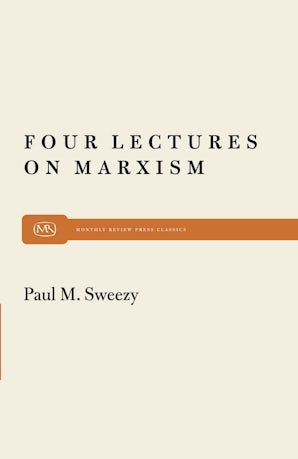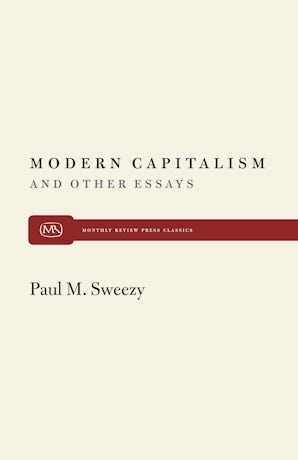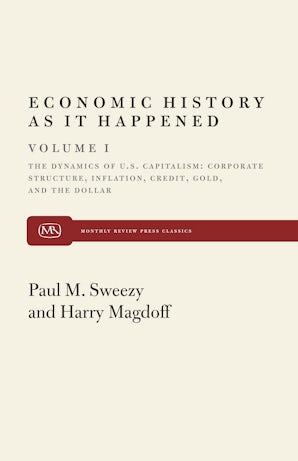Also in this issue
Books by Paul M. Sweezy
The Age of Monopoly Capital
Edited by John Bellamy Foster and Nicholas Baran
by Paul M. Sweezy and Paul A. Baran
Stagnation and the Financial Explosion
by Harry Magdoff and Paul M. Sweezy
Four Lectures on Marxism
by Paul M. Sweezy
Modern Capitalism
by Paul M. Sweezy
Dynamics of U.S. Capitalism
by Paul M. Sweezy
Article by Paul M. Sweezy
- Freedom and Economics
- Listen to the Ecologists!
- The Ecological Crisis of Capitalism and Human Survival
- The Political Tragedy of Capitalist Rule
- The Puzzle of Financialization
- End of Cold War Illusions
- Monthly Review in Historical Perspective
- Oliver Cromwell Cox's Marxism
- The Quality of Monopoly Capitalist Society: Mental Health

